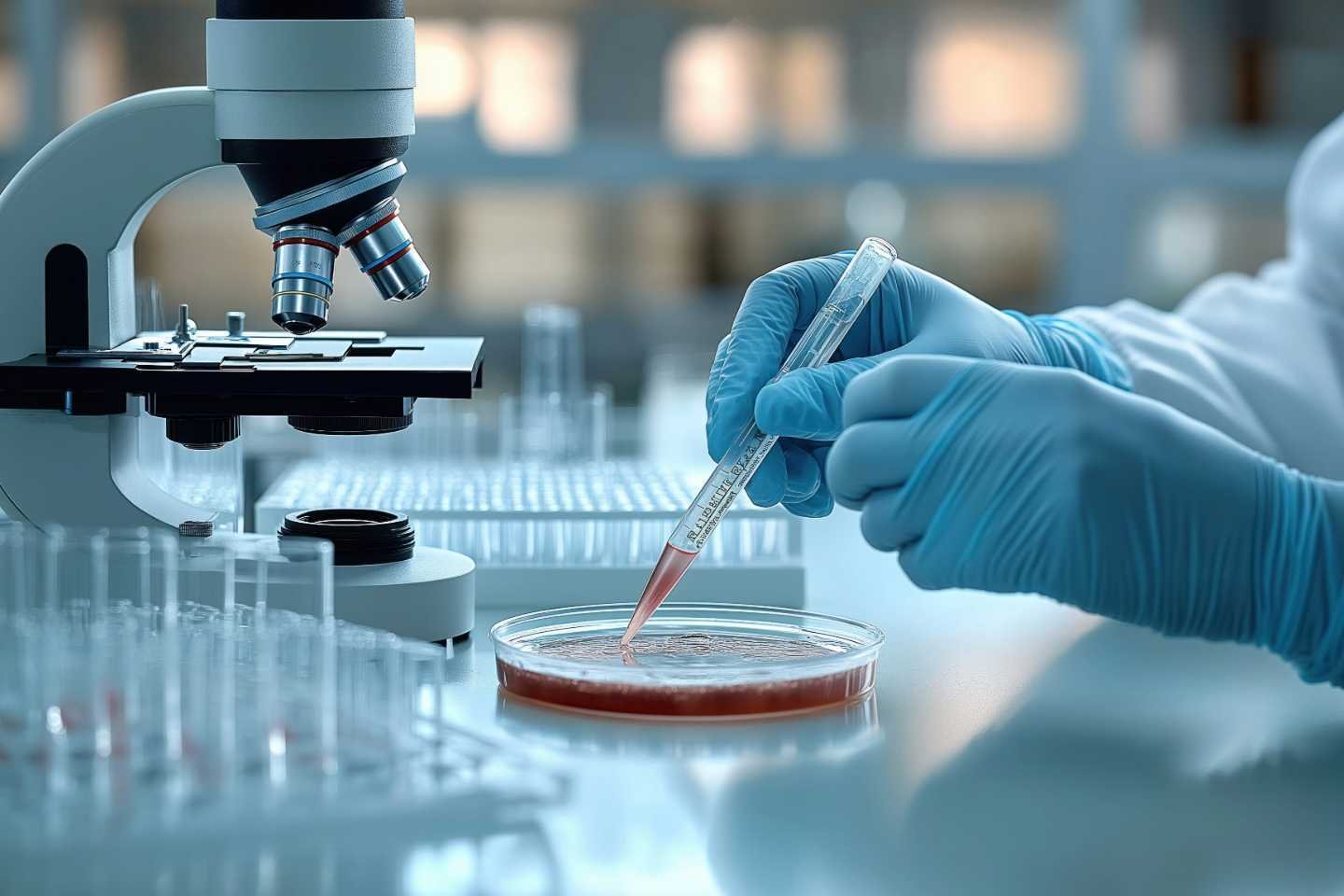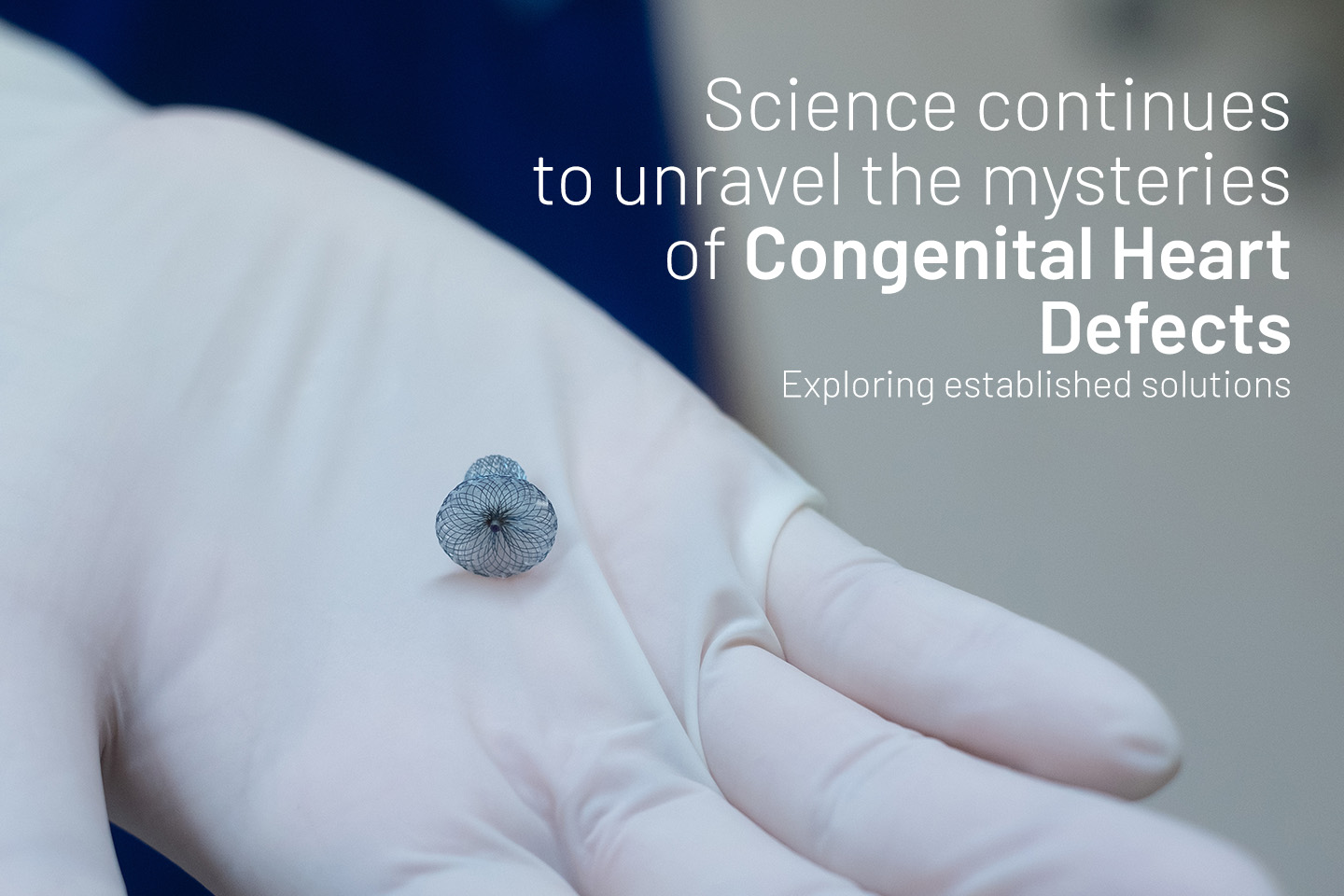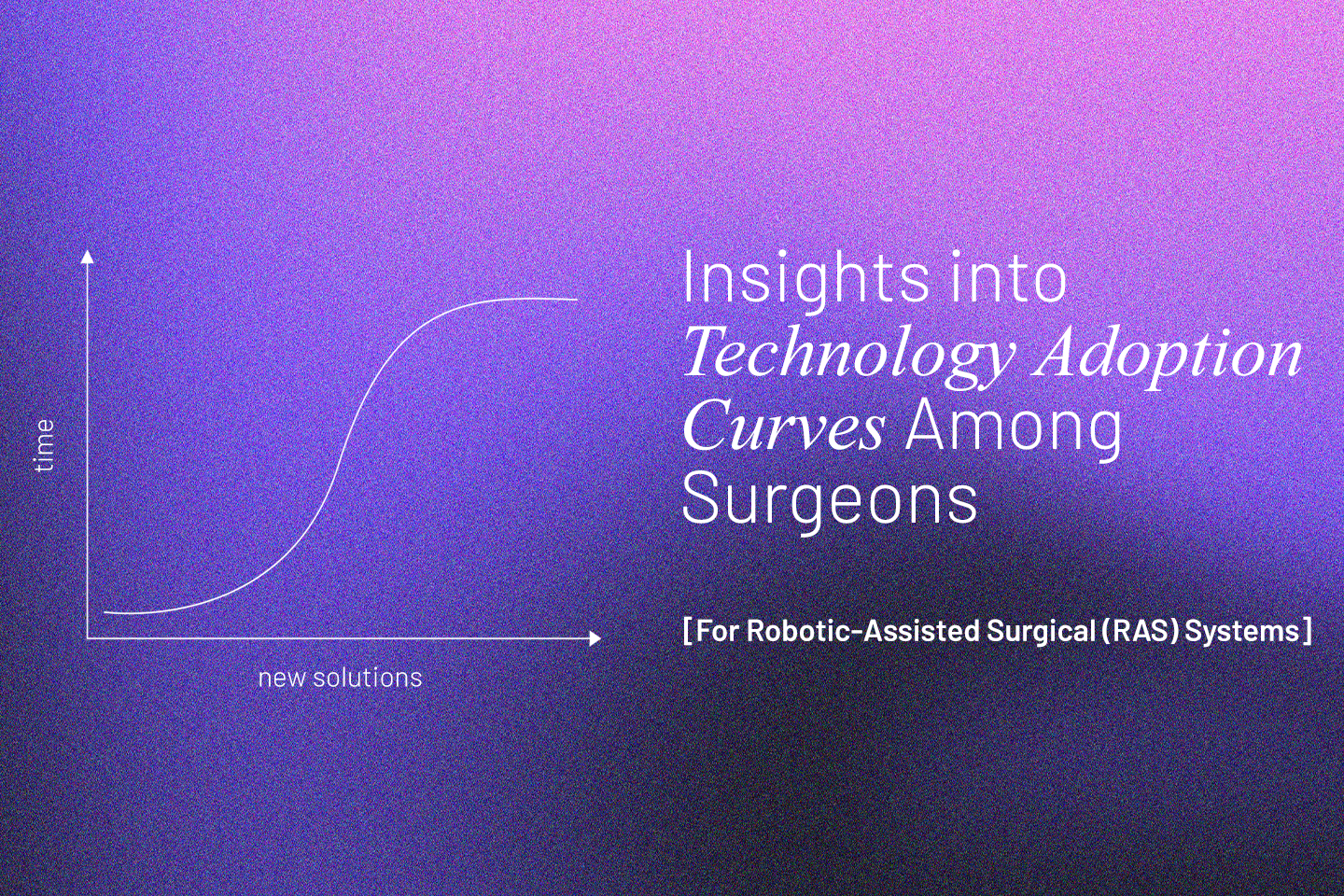Medical Devices
How Advanced Diagnostic Equipment Contributes to Improved Patient Care

Have you ever wondered how laboratories and pathologists manage to diagnose diseases with such accuracy? The answer lies in the advanced diagnostic equipment they use every day. These tools are not just high-tech gadgets; they play a crucial role in identifying health conditions early and enabling healthcare professionals (HCPs) to plan effective treatments. This blog will explore the importance of diagnostic equipment, highlight recent technological advancements, and discuss how these innovations are improving patient care. Whether you're a healthcare professional or simply interested in the latest medical technologies, read on to discover how these tools are making a difference.
Importance of Diagnostic Equipment in Modern Healthcare
Diagnostic equipment is indispensable in contemporary healthcare. These tools are crucial for disease detection, monitoring, and management, enabling healthcare providers to make informed decisions about patient care. Accurate and timely diagnoses are crucial to effective treatment plans, reducing the risk of complications and improving patient outcomes.
The role of diagnostic equipment extends beyond initial disease detection. It is instrumental in monitoring the progression of chronic conditions, assessing the effectiveness of treatments, and identifying any changes in a patient’s health status. For instance, imaging technologies such as MRI and CT scans provide detailed insights into the body’s internal structures, aiding in the early detection of abnormalities that might not be visible through physical examinations alone.
Key Advances in Diagnostic Technology
The past few decades have witnessed significant advancements in diagnostic equipment, revolutionizing the way healthcare professionals diagnose and manage diseases. Some of the key technological advancements include:
- Diagnostic Tools: Advanced equipment like biochemistry and hematology analyzers are essential for checking patient health by detecting important markers outside the body. These tools provide detailed information about the patient’s condition, helping doctors spot early signs of diseases and track treatment progress. Together with imaging methods, these technologies allow for thorough and accurate diagnosis, supporting an HCP in deciding the treatment protocol for each patient.
- Molecular Diagnostics: Molecular diagnostic techniques have revolutionized the detection of genetic and infectious diseases. Techniques such as PCR (Polymerase Chain Reaction) allow for the rapid and precise identification of pathogens at the molecular level[2]. This is particularly important in the context of infectious disease outbreaks, where timely diagnosis can prevent the spread of infections and ensure prompt treatment.
- Point-of-Care Testing (POCT): POCT devices have made it possible to conduct diagnostic tests at or near the patient’s location, providing immediate results. These portable devices are invaluable in emergency settings and remote areas where access to traditional laboratory facilities may be limited. POCT enables rapid decision-making and timely intervention, improving patient outcomes.
Impact on Patient Care
Advanced diagnostic equipment has a substantial impact on deciding effective treatment for patients. One of the most significant benefits is the ability to facilitate early and precise diagnosis. Early detection of diseases such as cancer, cardiovascular conditions, and infectious diseases can significantly improve prognosis and survival rates. For example, mammography and advanced imaging techniques can detect breast cancer at an early stage, allowing for less invasive treatment options and better outcomes[3].
Moreover, precise diagnostic tools enhance treatment planning and patient management. Accurate diagnosis ensures that patients receive appropriate and targeted therapies, reducing the likelihood of trial-and-error treatments. This not only improves patient outcomes but also optimizes the use of healthcare resources, minimizing unnecessary procedures and hospitalizations.
Benefits to Healthcare Professionals
Advanced diagnostic equipment also brings substantial benefits to healthcare professionals, particularly pathologists and laboratory technicians. These tools enhance their ability to accurately diagnose and monitor diseases, leading to more effective patient care. Some of the key benefits include:
- Improved Workflow Efficiency: Modern diagnostic equipment streamlines laboratory workflows, reducing the time required to process and analyze samples. Automated systems and advanced software enable faster and more accurate results, allowing healthcare professionals to focus on critical aspects of patient care.
- Enhanced Diagnostic Accuracy: Technological advancements in diagnostic equipment have significantly improved the accuracy and reliability of test results. High-resolution imaging and precise molecular diagnostics reduce the risk of diagnostic errors, ensuring that patients receive accurate and timely diagnoses.
- Better Collaboration: Advanced diagnostic tools facilitate better collaboration among healthcare professionals. Digital imaging and electronic health records enable seamless sharing of diagnostic information, promoting multidisciplinary approaches to patient care. This collaborative approach ensures comprehensive treatment plans and improved patient outcomes.
Optimizing Advanced Diagnostic Equipment for Accessibility and Integration
While advanced diagnostic equipment continues to transform healthcare, it is equally important to ensure that these solutions are accessible, user-friendly, and seamlessly integrated into existing systems.
Many modern diagnostic tools are now being designed with affordability and efficiency in mind, making them more accessible even for healthcare facilities operating in resource-limited settings. Additionally, training programs and continuous education initiatives are widely available, ensuring that healthcare professionals can confidently operate these technologies and interpret results with precision.
By focusing on affordable solutions, accessible training, and improved system compatibility, the healthcare industry is making it easier than ever for professionals to leverage advanced diagnostics, ultimately enhancing patient outcomes and streamlining care.
CelQuant Edge by Meril
CelQuant Edge by Meril is an advanced cell counter designed for precision and reliability in clinical diagnostics. This state-of-the-art device offers high-throughput cell analysis with exceptional accuracy, making it an indispensable tool for laboratories. CelQuant Edge features user-friendly options such as a maintenance-free syringe and an anti-clogging mechanism, reducing downtime and enhancing reliability. Its intuitive interface and streamlined workflow boost lab efficiency, while the compact design allows it to fit seamlessly into any setup. Its compact design ensures it fits seamlessly into any laboratory setup. With robust performance and consistent results, CelQuant Edge supports a wide range of applications, from routine blood tests to specialized research, ensuring accurate diagnostics and improved patient care.
CelQuant 5 Plus by Meril
CelQuant 5 Plus by Meril is a cutting-edge hematology analyzer tailored for comprehensive blood cell analysis. Utilizing tri-angle laser scatter, cytochemical staining, and flow cytometry, it ensures accurate analysis of WBCs, making it indispensable for clinical diagnostics. This advanced system delivers precise and reliable results, essential for accurate diagnostics in clinical settings. CelQuant 5 Plus is equipped with sophisticated technology for five-part differential counting, providing detailed insights into various blood components. Its high-speed processing and easy-to-use interface enhance laboratory productivity and workflow efficiency. Compact and versatile, CelQuant 5 Plus is suitable for diverse laboratory environments, offering unparalleled accuracy and consistency in blood analysis, ultimately contributing to better patient management and care.
Final Thoughts
Advanced diagnostic equipment plays a crucial role in modern healthcare, contributing significantly to improved patient care. As diagnostic equipment continues to evolve, its impact on patient care is set to grow, paving the way for more accurate, efficient, and effective healthcare solutions. The future of patient care lies in the continued innovation and adoption of advanced diagnostic technologies, ultimately leading to better health outcomes for countless patients.
Reference Links:
[1] https://www.ncbi.nlm.nih.gov/books/NBK338593/
[2] https://www.ncbi.nlm.nih.gov/pmc/articles/PMC4847456/
[3] https://www.radiologyinfo.org/en/info/mammo#:~:text=Mammograms%20are%20used%20as%20a,skin%20dimpling%20or%20nipple%20discharge
https://www.jnujaipur.ac.in/blogs/advanced-diagnostic-technology-/178#:~:text=Some%20of%20the%20key%20advantages,diagnoses%20and%20better%20treatment%20decisions
https://www.healthsystemreadiness.com/why-we-need-readiness-for-advanced-diagnostics/
https://www.cambridge-dt.com/integrating-technology-into-medical-devices-for-improved-patient-outcomes/
https://www.merillife.com/medical-devices/diagnostics/hematology/merilyzer-celquant-5-plus
https://www.merillife.com/medical-devices/diagnostics/hematology-and-coagulation/3-part-differential-hematology-analyzer/celquant-edge





